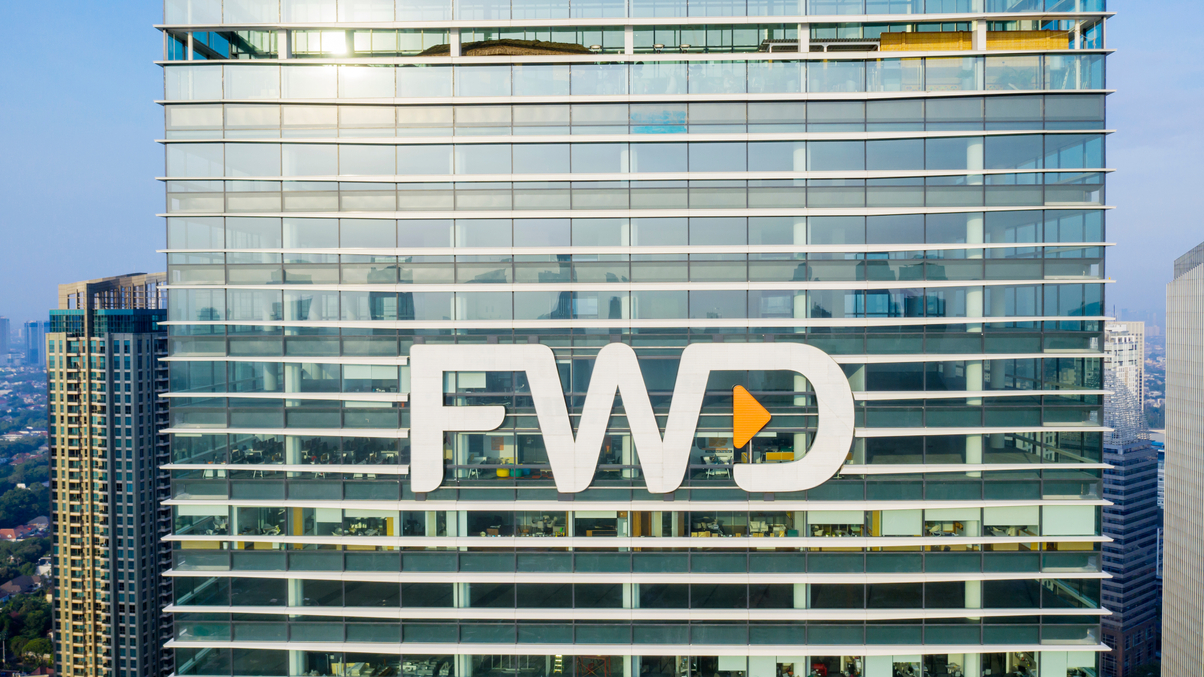FWD changing its approach to private equity
The group's CIO explains how changing market conditions are prompting it to look at private equity opportunities more discerningly – and why it's important to keep portfolios flexible.

Hong Kong-based insurer FWD is changing the way it approaches private equity investing against a backdrop of investors continuing to chase private-market assets aggressively even as global monetary conditions tighten.
Sign in to read on!
Registered users get 2 free articles in 30 days.
Subscribers have full unlimited access to AsianInvestor
Not signed up? New users get 2 free articles per month, plus a 7-day unlimited free trial.
¬ Haymarket Media Limited. All rights reserved.


